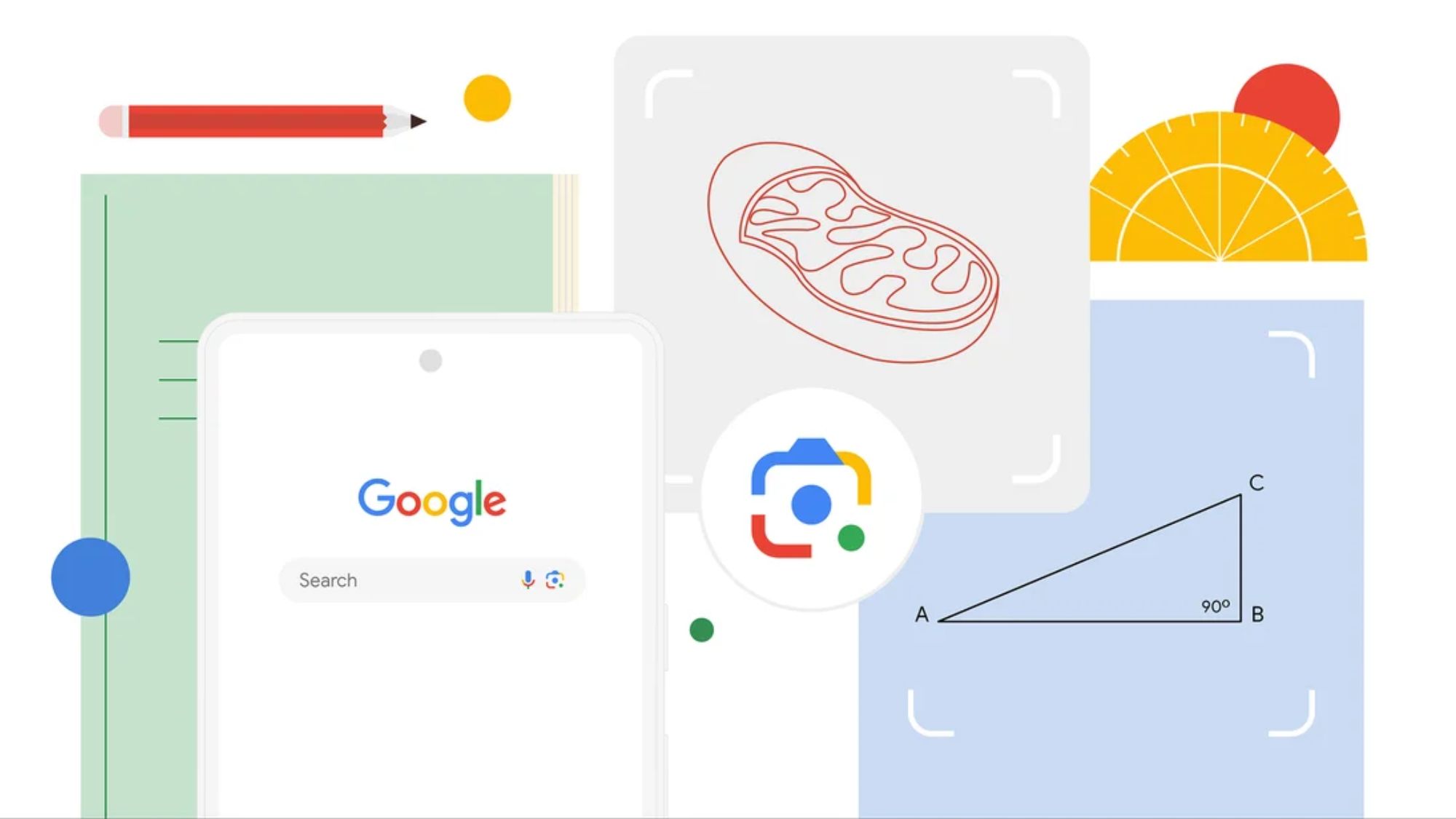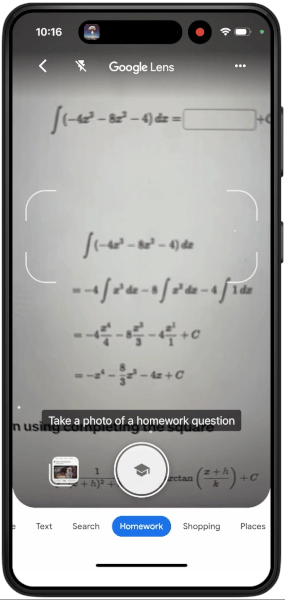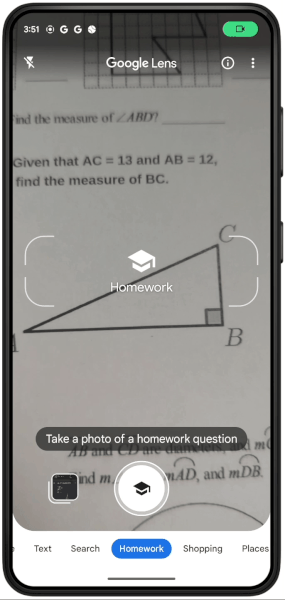
What you need to know
- You can now throw a geometry or trigonometry query to Google to help solve it.
- Search offers 3D diagrams to help grasp certain concepts better, such as the structure of mitochondria.
- All these are now possible through Google Search and Lens — thanks to new updates.
Google is incorporating new features to Search and Lens for students and consumers to help them solve their math problems, the search giant announced.
Not just math problems but new updates will also help users in solving complicated physics problems next to geometry as well, Google explains in the announcement post. The new feature includes the ability to visualize STEM-related concepts and find relevant equations in a more "natural and intuitive way."

Users can look up various types of math problems on Google Search, and it involves subjects like trigonometry and calculus.
"Simply type your equation or integral into the Search bar, or take a picture with Lens, to see a step-by-step explanation and solution," Google writes in the blog. "You can also type 'math solver' to give the experience a try on desktop and coming soon, on mobile."
The search giant has also provided examples to give users an idea of how to ask Google about a math problem, from equations, integrals, and word problems — thanks to advanced LLMs, which help solve fundamental topics from high-school physics.

Another critical concept is geometry, which is less describable, unlike the others, and this is where the good old Google Lens comes in. Users can scan their geometry problem, like an area of a triangle, for instance, by just using Google Lens. It will then interpret both the visual and text components from the geometry diagram, further revealing step-by-step explanations helping in solving it.
Lastly, Search will help in understanding biology as well, providing 3D models with interactive diagrams that also provide definitions and overviews. Google says there are around 1,000 such examples with biology, chemistry, physics, and astronomy combined. The 1000 number of STEM-related 3D objects rose from 100 when Google first rolled out relevant tools to help students back in 2020.








